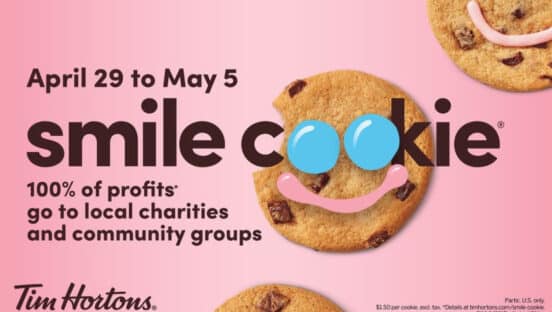TOMS King, a franchisee of 90 Burger King restaurants, declared bankruptcy earlier this week.
Court documents said that for the past several years—especially as a result of COVID—traffic and revenue have significantly declined while rent, debt service, and other liabilities haven’t decreased. The company also noted that increased costs of shipping and food, lack of labor, and general inflation have pressured cash flow. Some of its Burger King stores (spanning Illinois, Ohio, Pennsylvania, and Virginia) have remained profitable, but others have operated at a loss.
Because of this lack in financial stability, TOMS King has been unable to meet obligations and financial metrics required under its credit agreement with Bank of America. The company owes $35.5 million in secured debt. It also has unsecured debt of $14 million, inclusive of royalties and advertising contributions for Burger King, rent owed to landlords, and payments due to vendors.
The franchisee was in default under its credit agreement in May. Four months later, TOMS King and Bank of America entered a forbearance agreement, allowing the company time to negotiate with stakeholders and develop a restructuring plan through bankruptcy. The group partnered with ReInvest Capital to help sell its assets through a bidding process. So far, more than 200 potential purchasers have been contacted. TOMS King is funding this process through cash collateral, with permission from Bank of America. In exchange, the bank is requiring certain milestones to be achieved during the sale and restructuring process, but the franchisee believes these benchmarks are reasonable and will allow for enough time to conduct a robust marketing and sales process.
The bankruptcy comes amid a stretch of sluggish sales and traffic for Burger King. In response, the fast-food giant unveiled in September a $400 million “Reclaim the Flame” turnaround plan. The capital includes a $200 million remodel program, $50 million refresh, and $150 million in advertising and digital investments. Burger King signified this change to the public by changing its classic “Have it Your Way” tagline to “You Rule.” The upgrade was accompanied by commercials that put a hip-hop spin on the classic “Have it Your Way” jingle from the 1970s.









